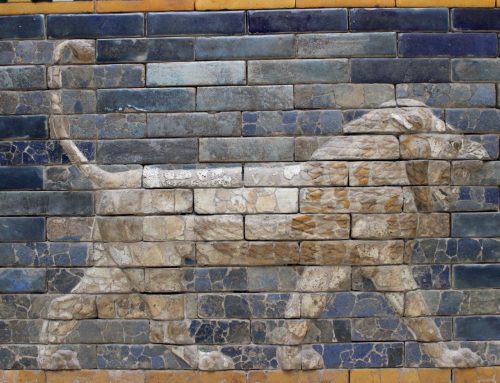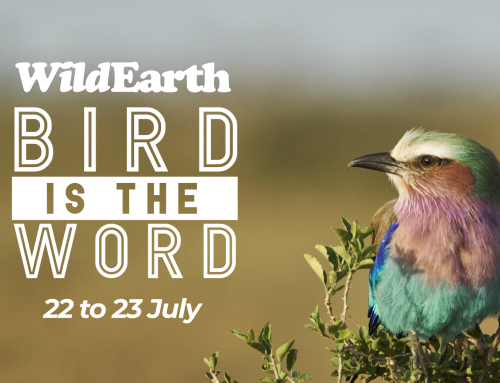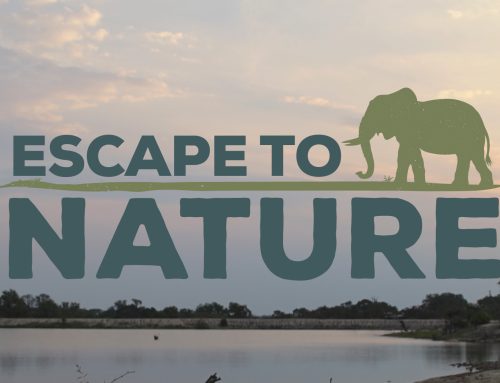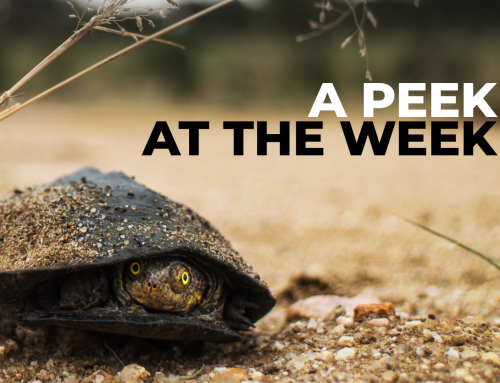Hyenas get a bad rap. Thanks to a combination of sources, from myths to media, hyenas are seen as “bad” animals. Perhaps their appearances don’t help: they’re hardly pleasant to look upon, resembling beefy dogs with powerful, slavering jaws filled with a mouthful of bone-crushing teeth and ‘laughing’ in a fashion that disturbs many.
But I have always been drawn to hyenas, probably helped by my preference for creatures with claws, teeth, and tentacles. With this fascination elected sympathy. I would often root for predators in wildlife shows. I remembered being quite upset when warthogs would get away from lions or a wildebeest would wrench himself free of a crocodile’s crushing bite. Perhaps that is why this scenario brought forth conflicting emotions within me.
This moment casts the hyena in a rare role as the hero. Not by design, but in capturing a moment of nature, this narrative turns the usual antagonistic image we have created for the hyena in a different light. It creates a sense of unease in the audience, showing them at the mercy of another and shows that the constructs we have created for the animal kingdom are just that: imagined.
This moment begins, like all good stories, with a build-up to the excitement. In a dense patch of woodland, I catch glimpses of a frenetic scene. For a moment, the scene is just a blur. All that can be made out is bodies circling together in a mad frenzy. The growls of multiple somethings echo across the woodland.
Then I look closer, my body twitching with anticipation, and the scene is revealed. A lone hyena stands surrounded by a pack of wild dogs. Instantly this provokes a reaction in me. To me, the scene recalls a lone hero, standing against impossible odds, valiantly trying to escape or fight off a horde of enemies. In a split second this burst of nature had created a narrative, a struggle between a protagonist and many antagonists.
My empathy reached out for the poor, cornered hyena. Get away! My mind practically cried. In hindsight, I completely lost my viewpoint of rooting for the predators. The wild dogs were not antagonistic, not malicious, but my sympathy still went to the underdog- the hyena against overwhelming odds.
The hyena manages to escape with minor injuries, fleeing its pursuers and vanishing into the woodland. The wild dogs are left alone, somehow seeming suddenly less fearsome as they stand together almost confused, flipping the perspective yet again to show there were no villains in this story, just animals having a go at each other. But I still fell into the old human trap of wanting to assign roles to the participants.
Of course, I see why prey are often rooted for over predators, but this particular scenario further hammered out exactly ‘why’ this happens. Humans have a hard time viewing things with a neutral eye. Maybe by understanding our desire for villains and heroes can help us turn away from such traditional portrayals and truly adhere to the idea that ‘nature is nature’. Seeing as how I fell so back easily on this traditional form of storytelling, I think it’s going to be a stubborn frame of mind to abandon for most of us.
–Jake McDaniel






I see wild dogs really getting after even killing Hyenas when they try to steal the dogs kill. Why don’t they gang up on a single lion? Always run from any lion